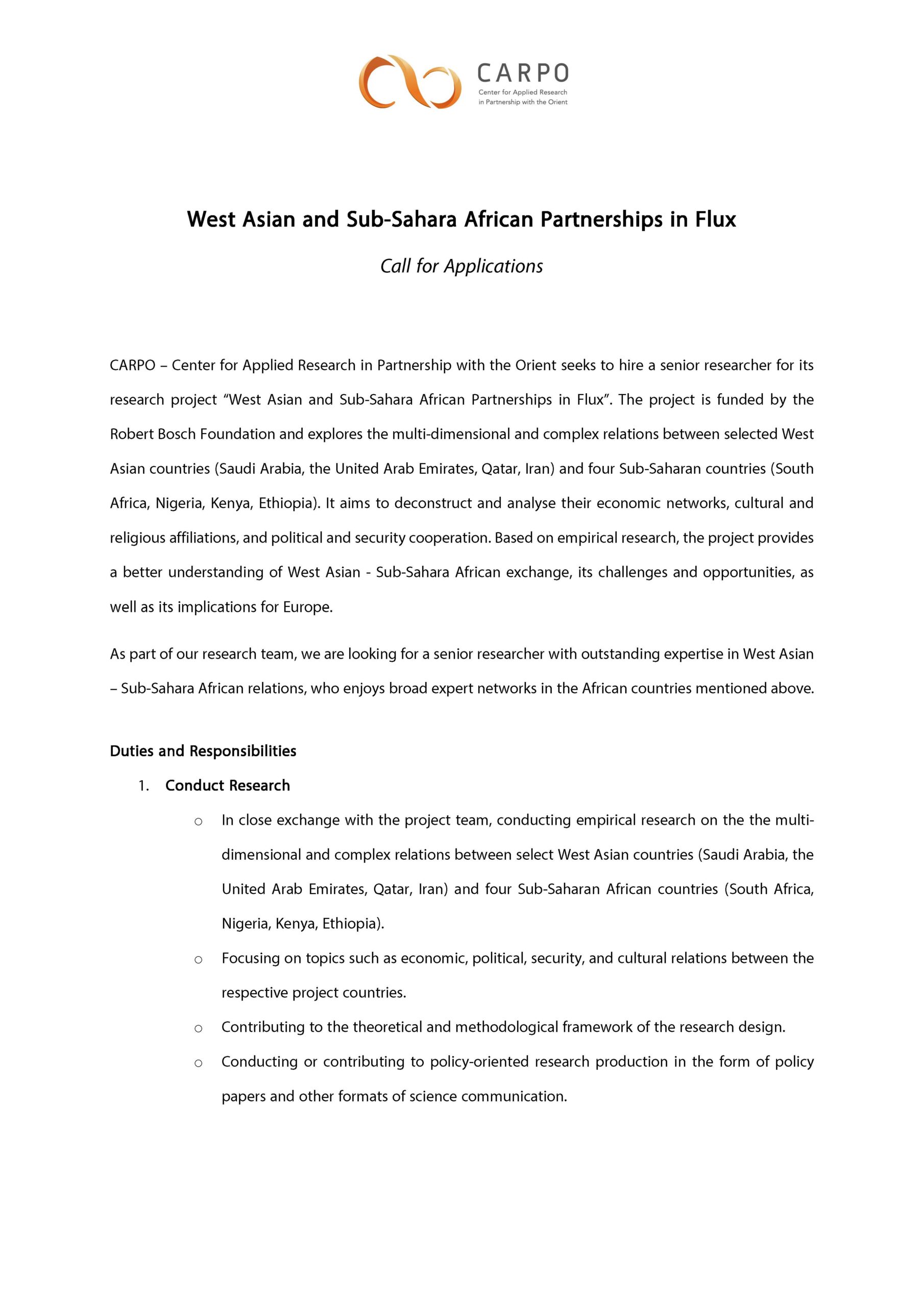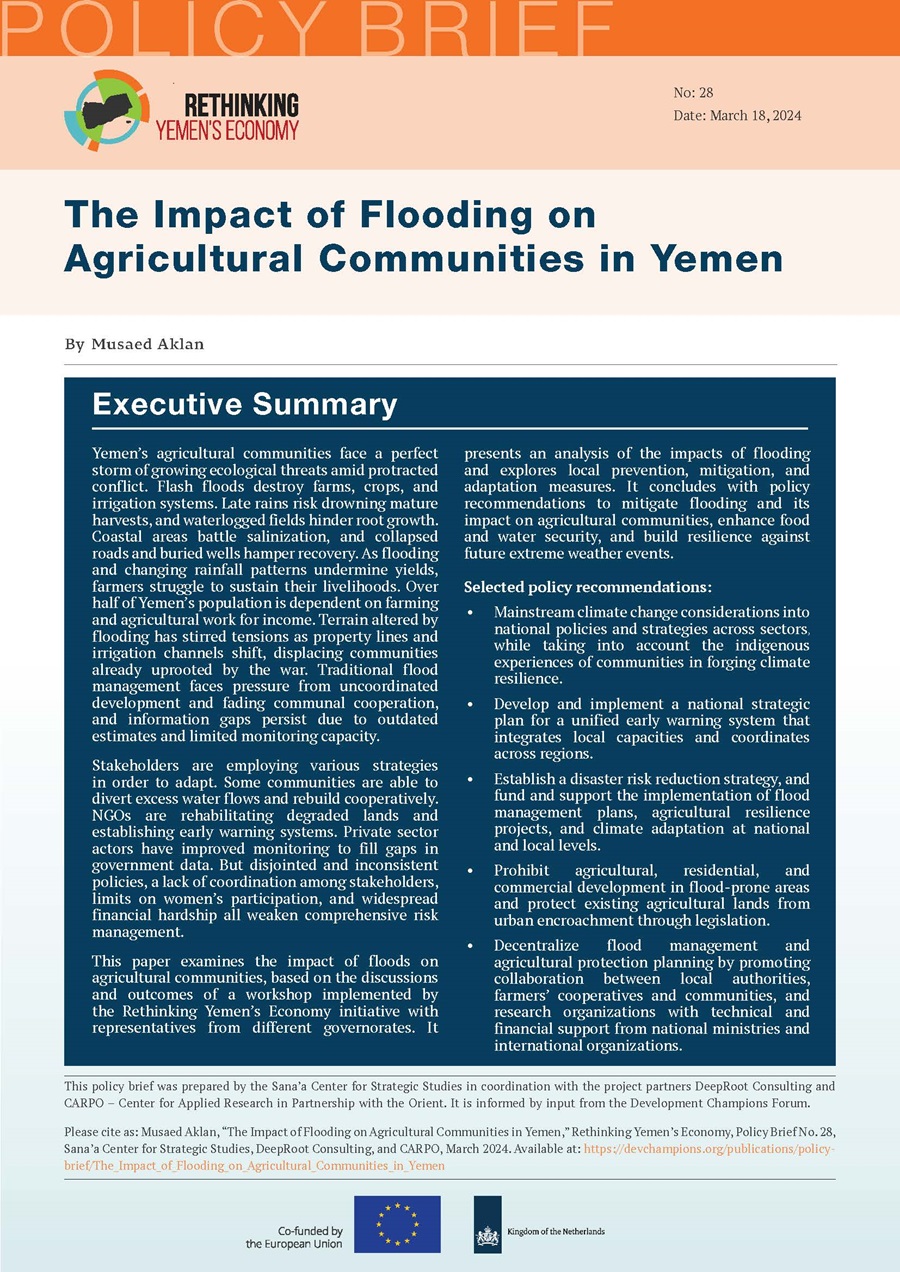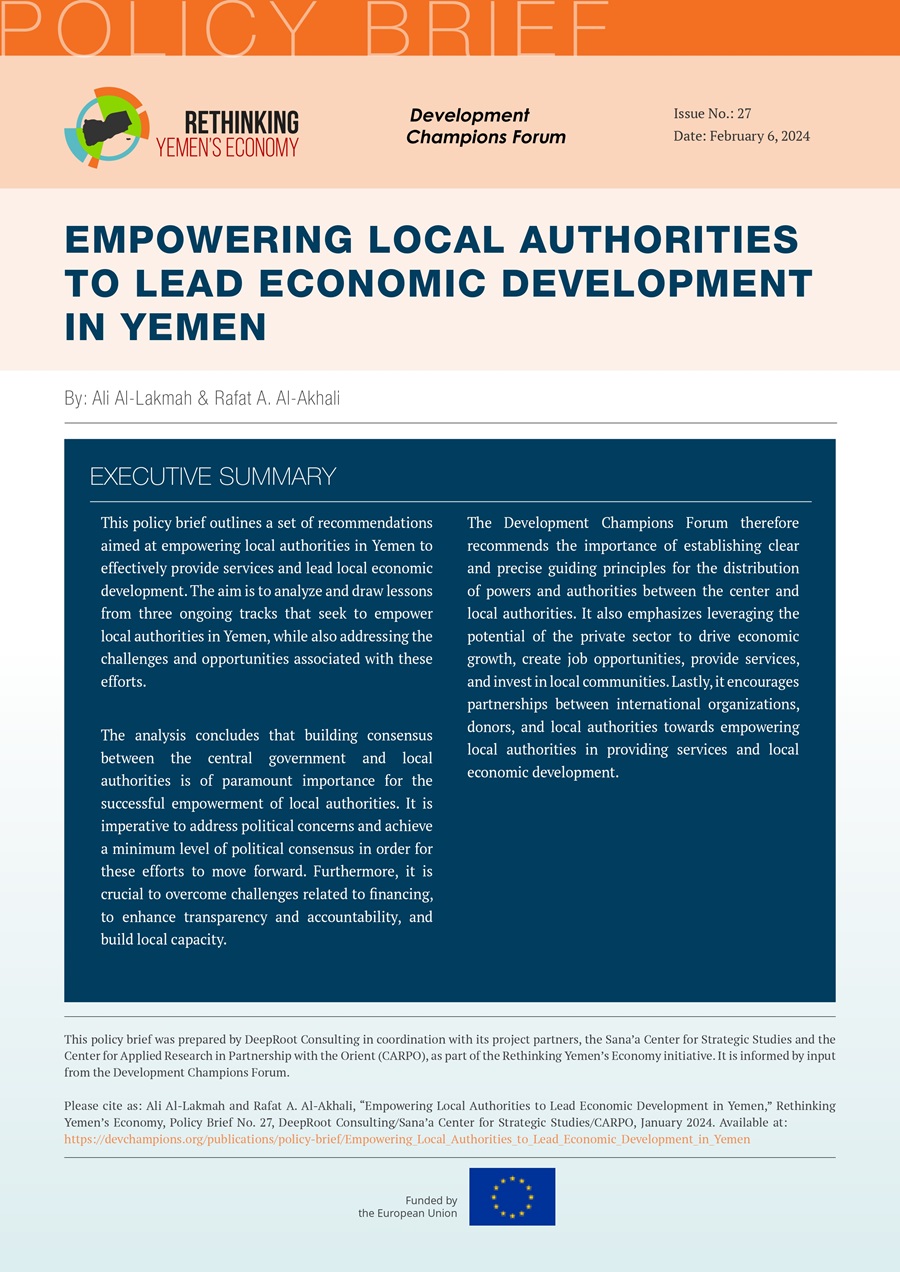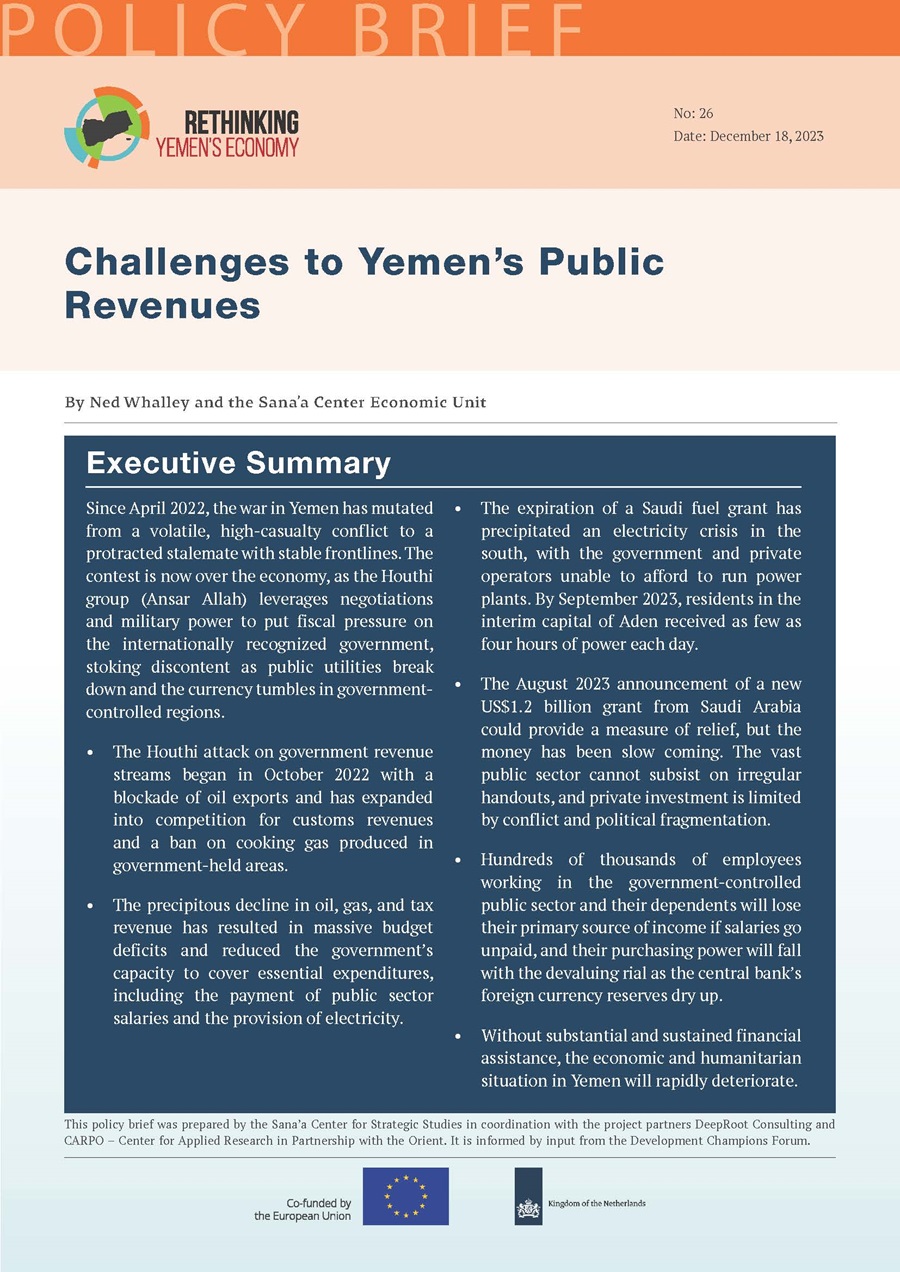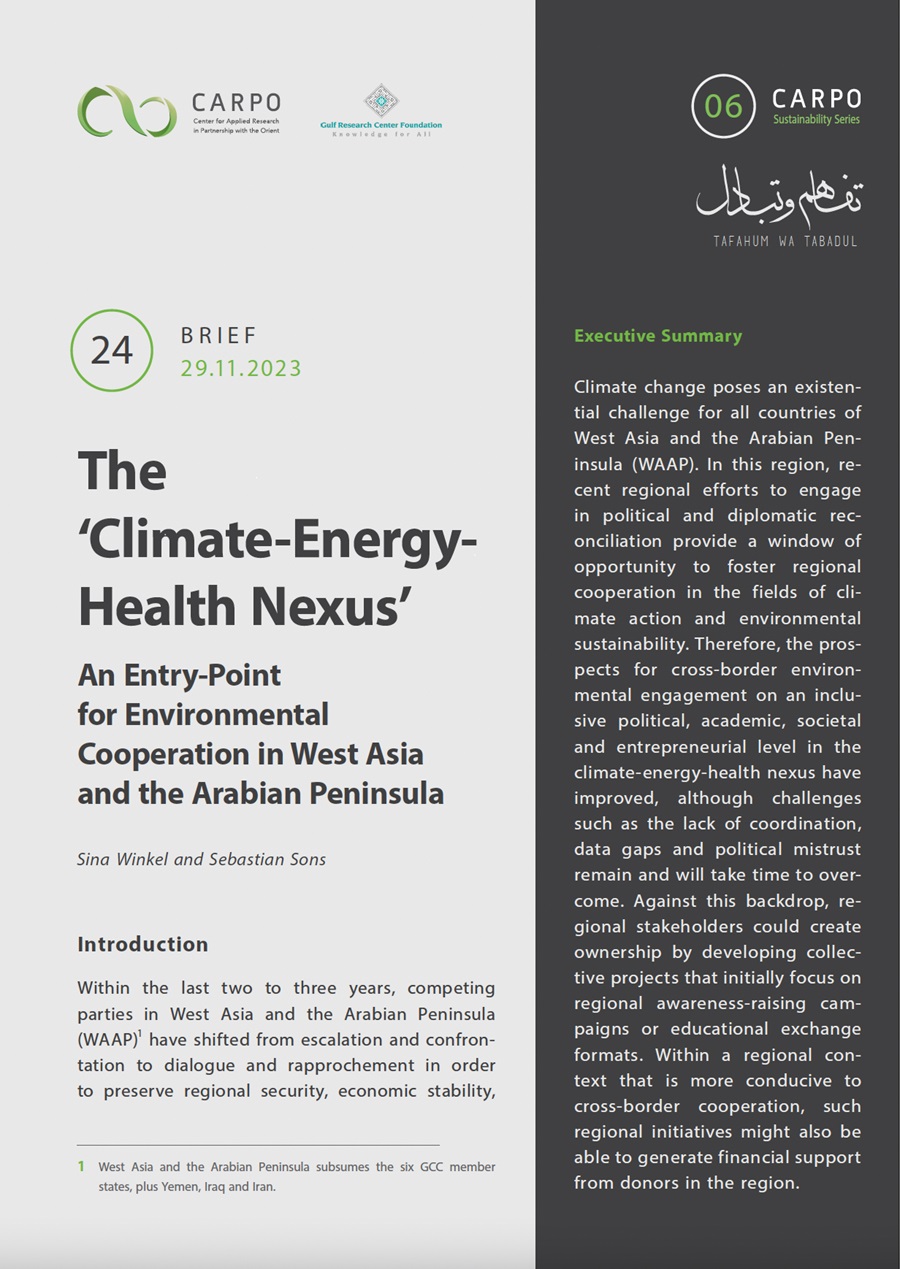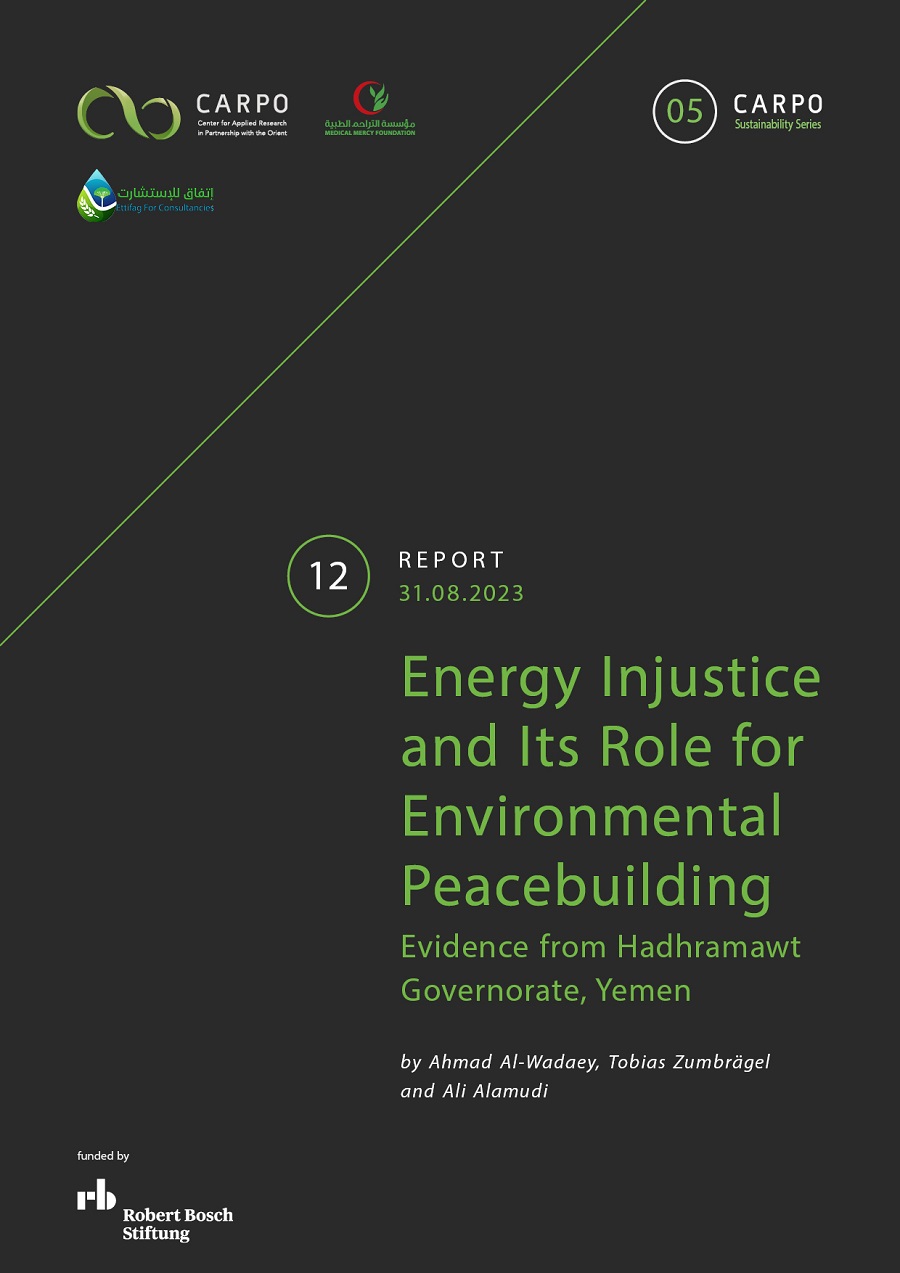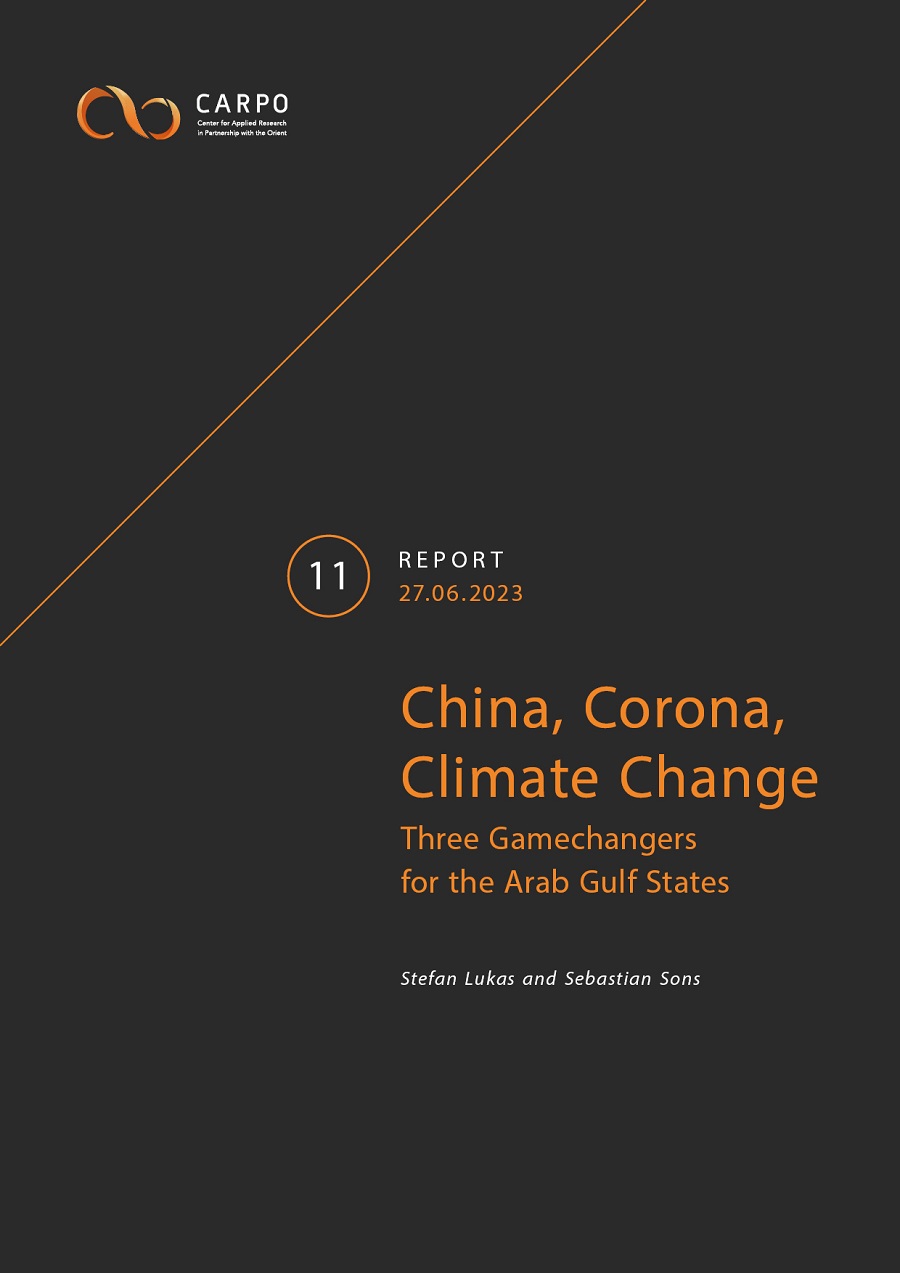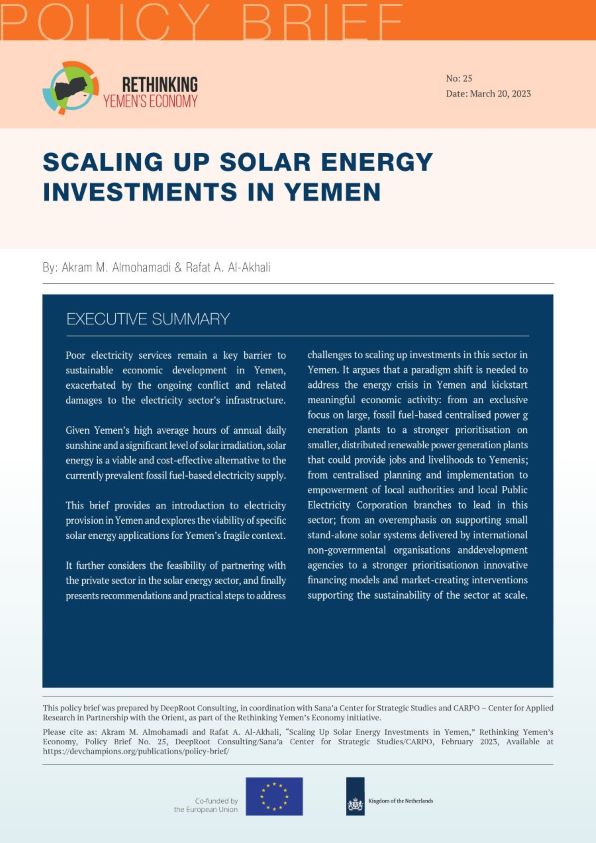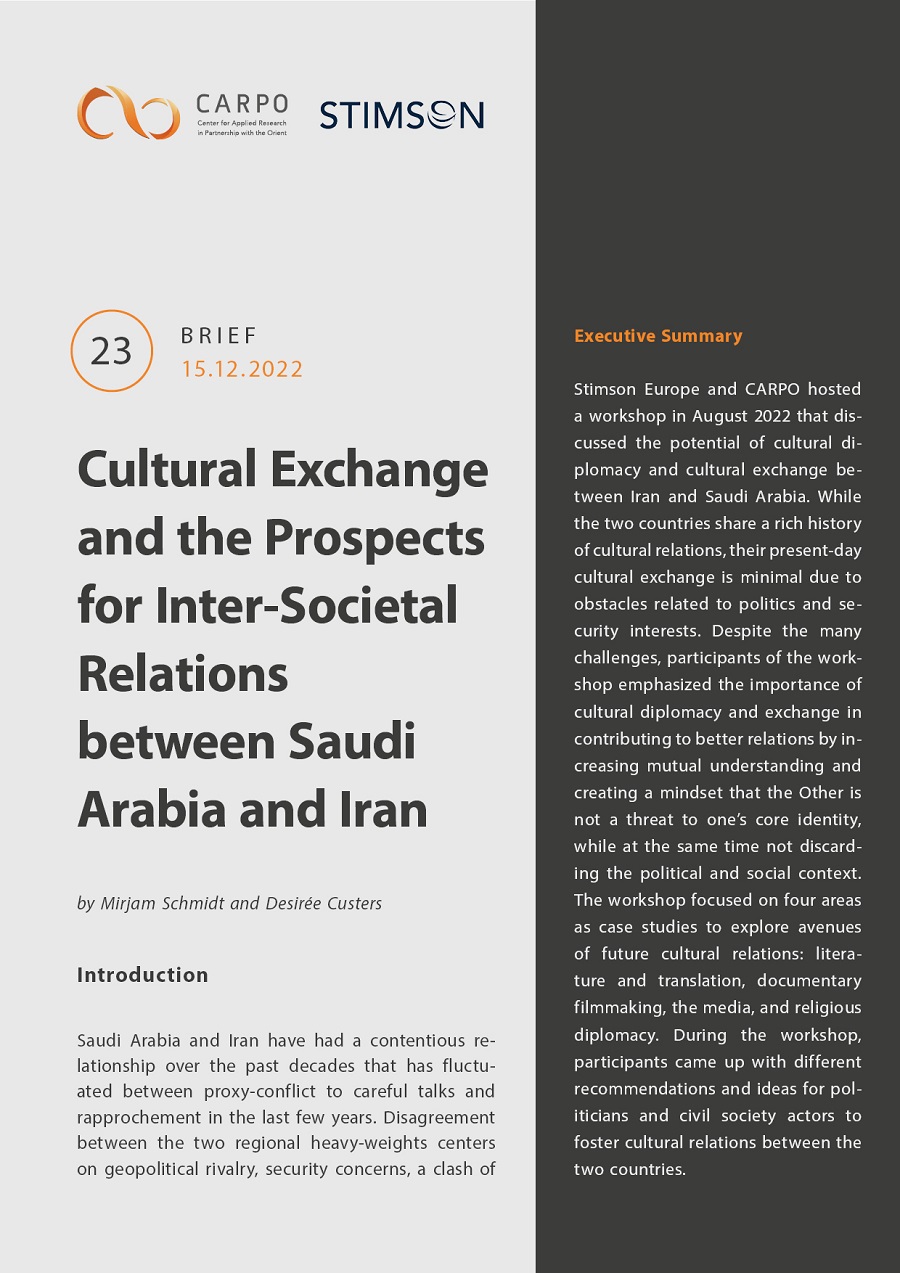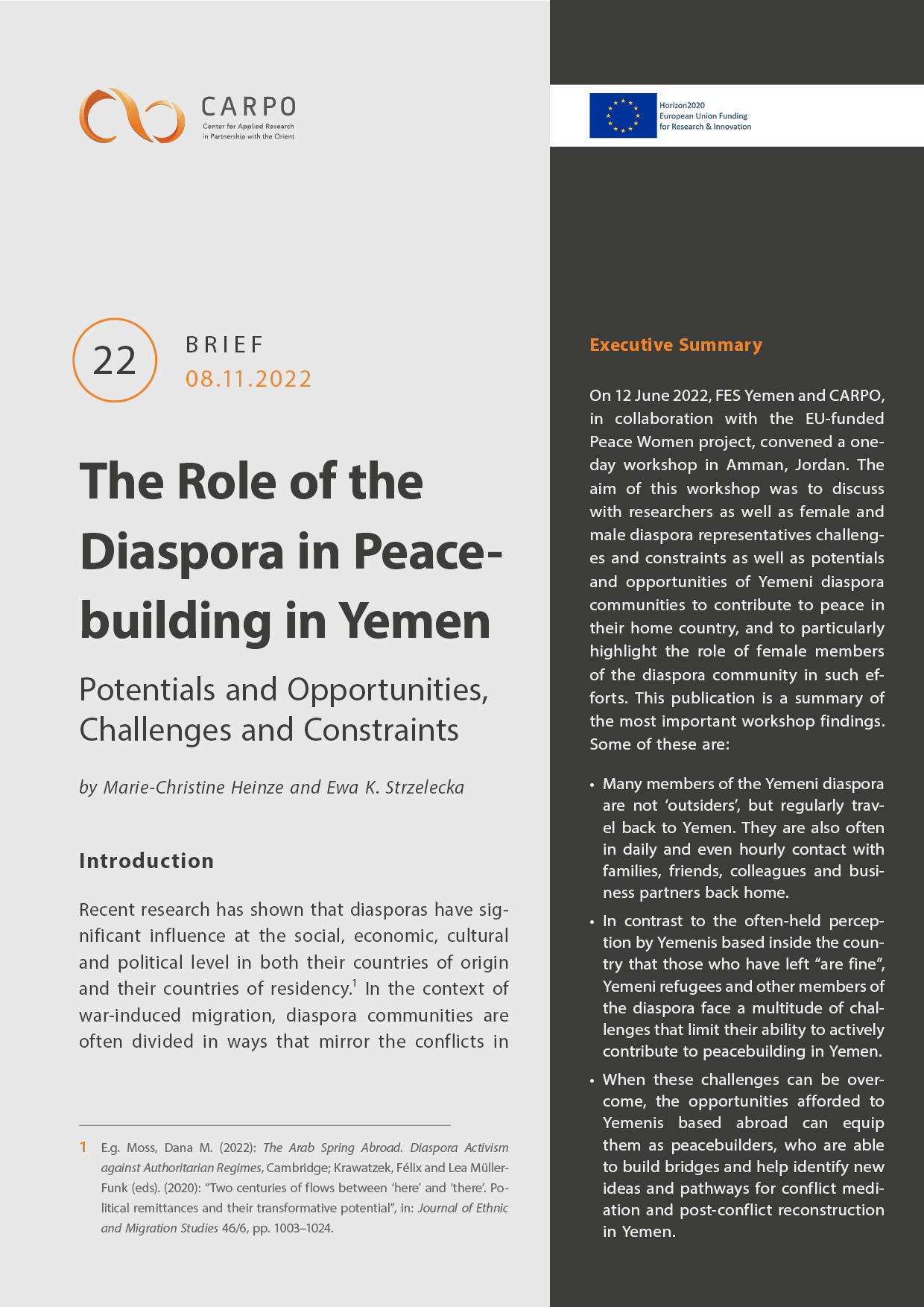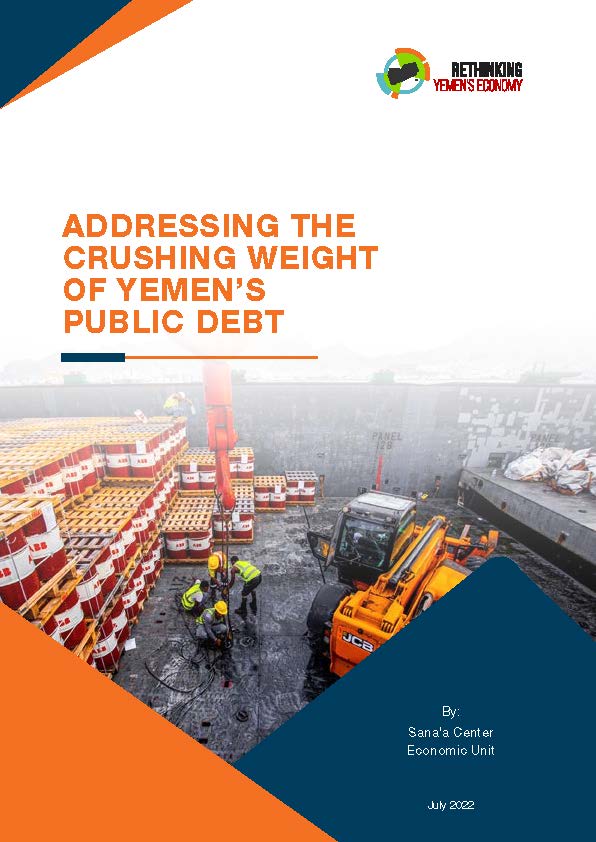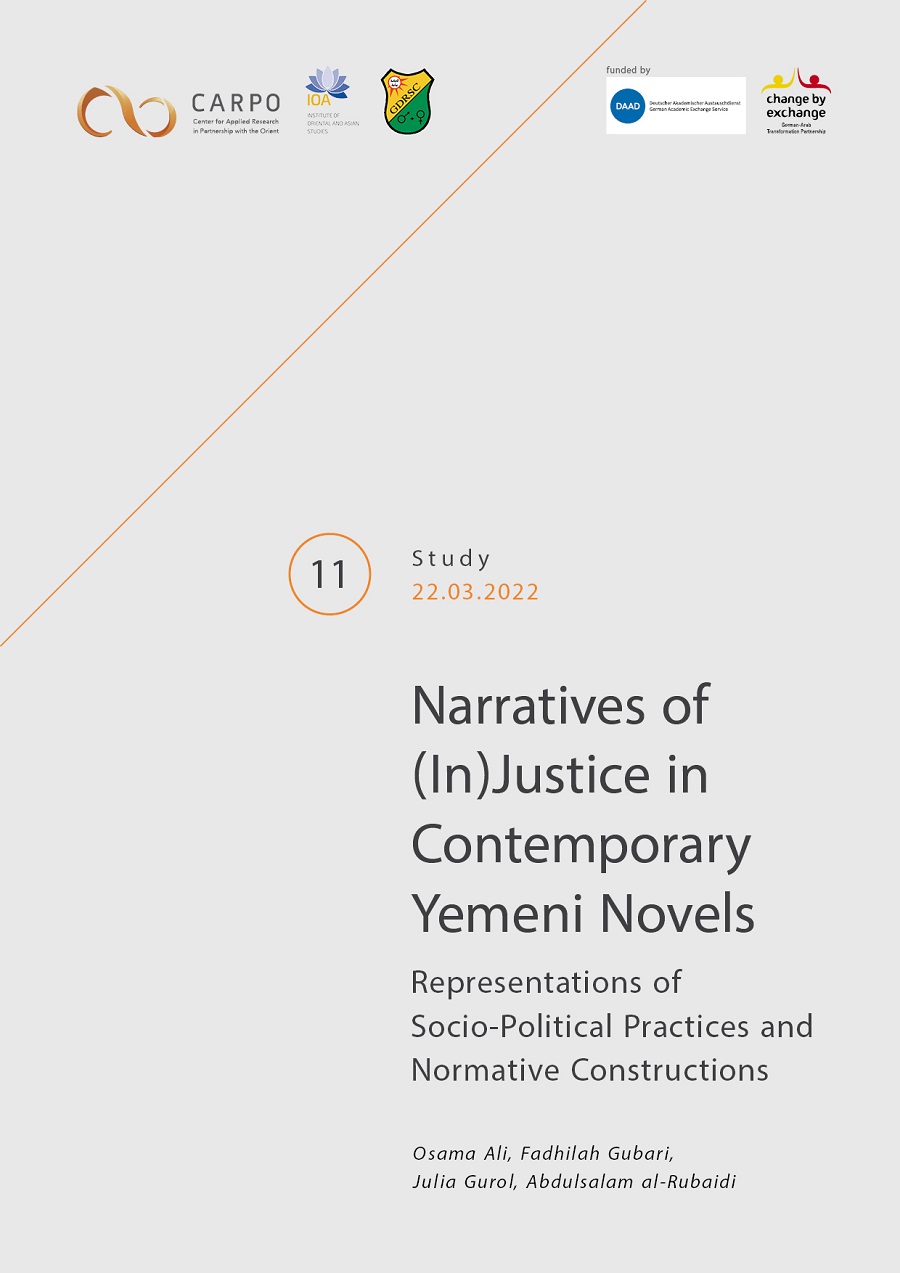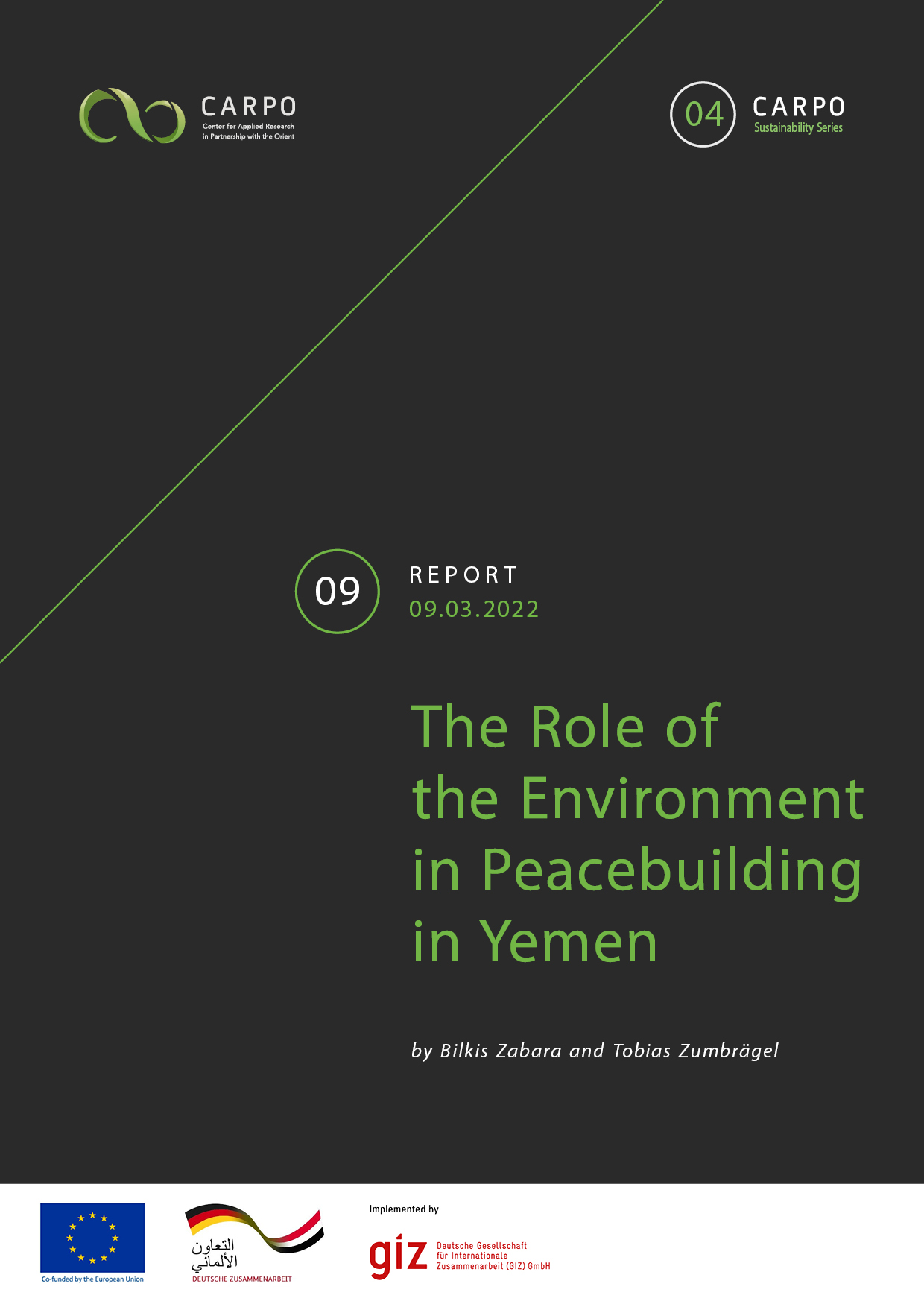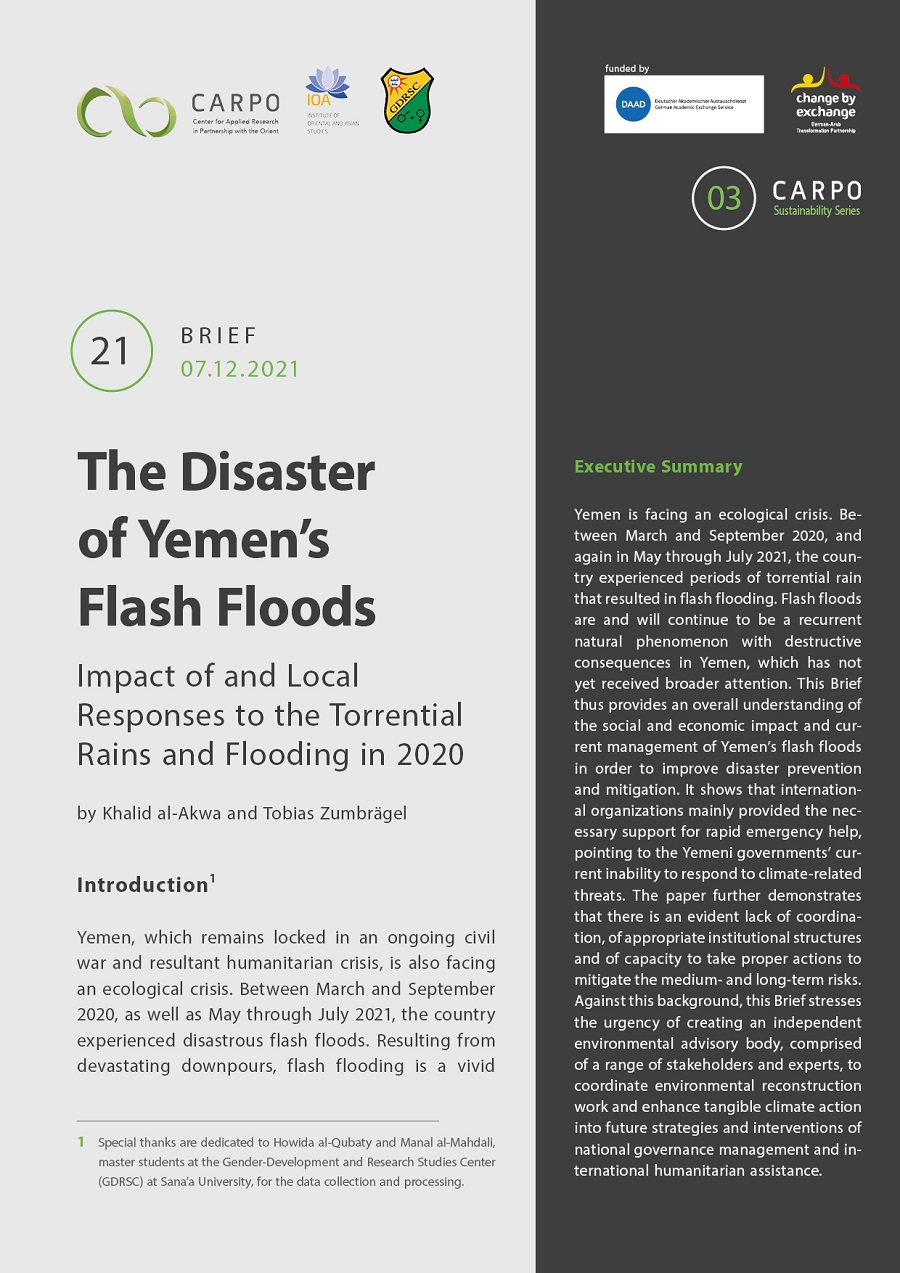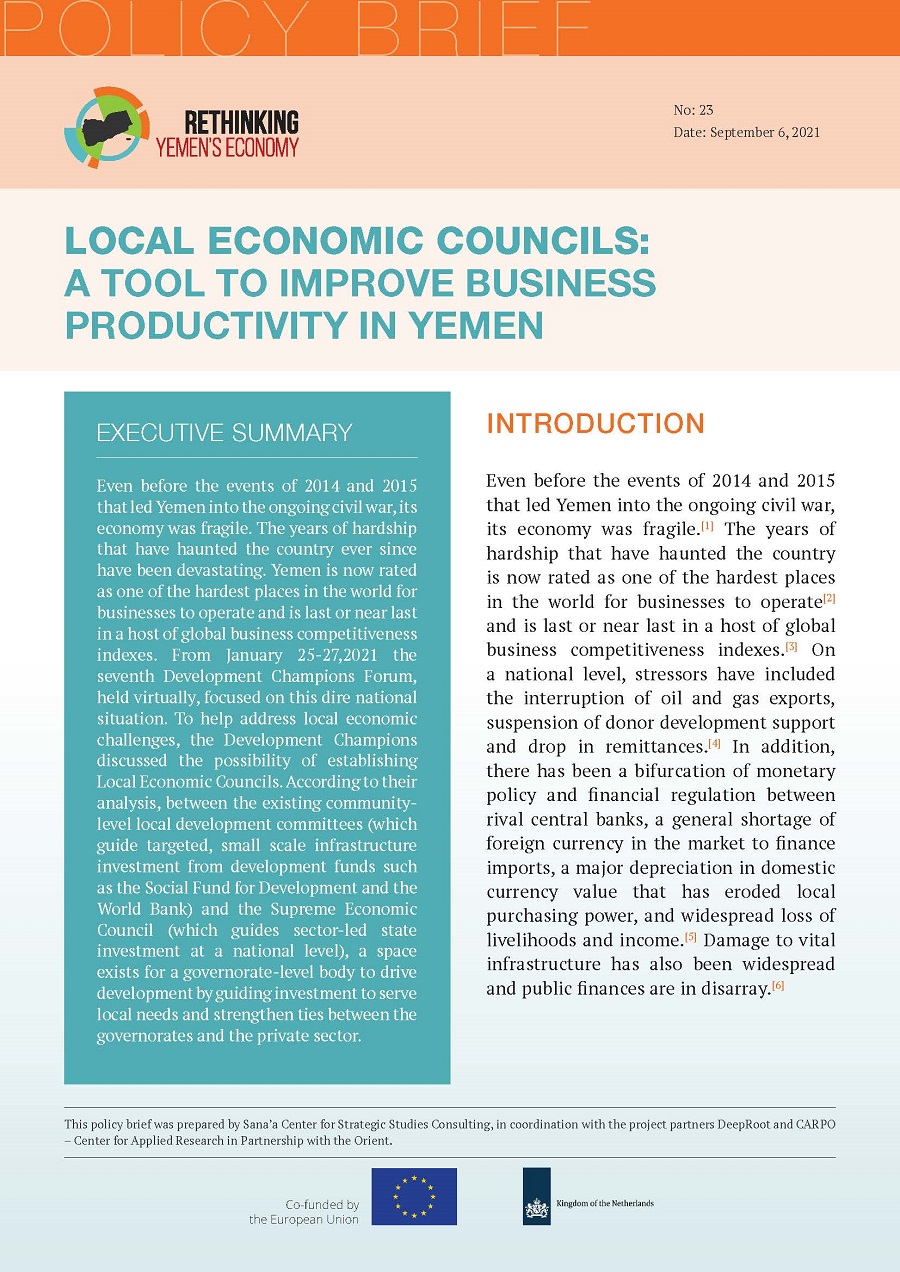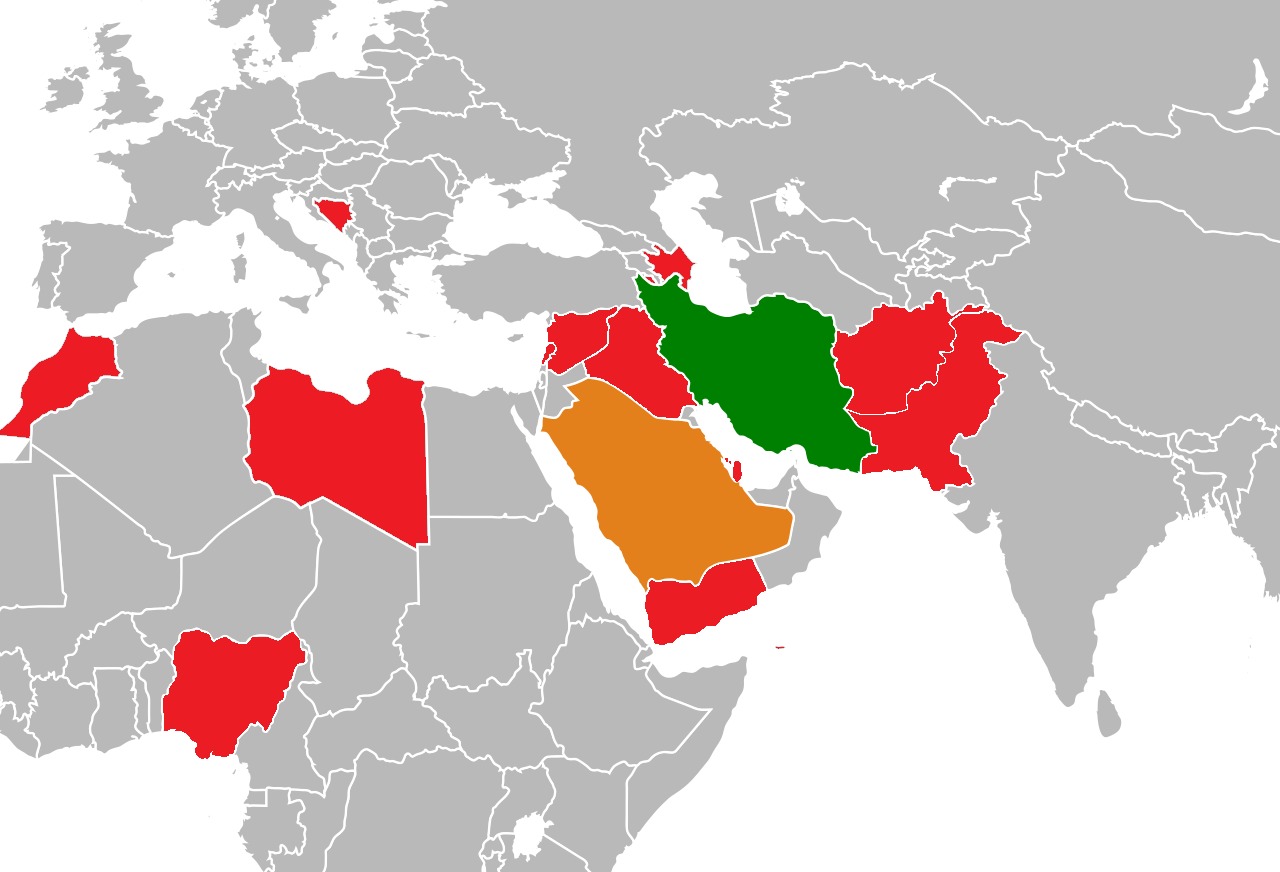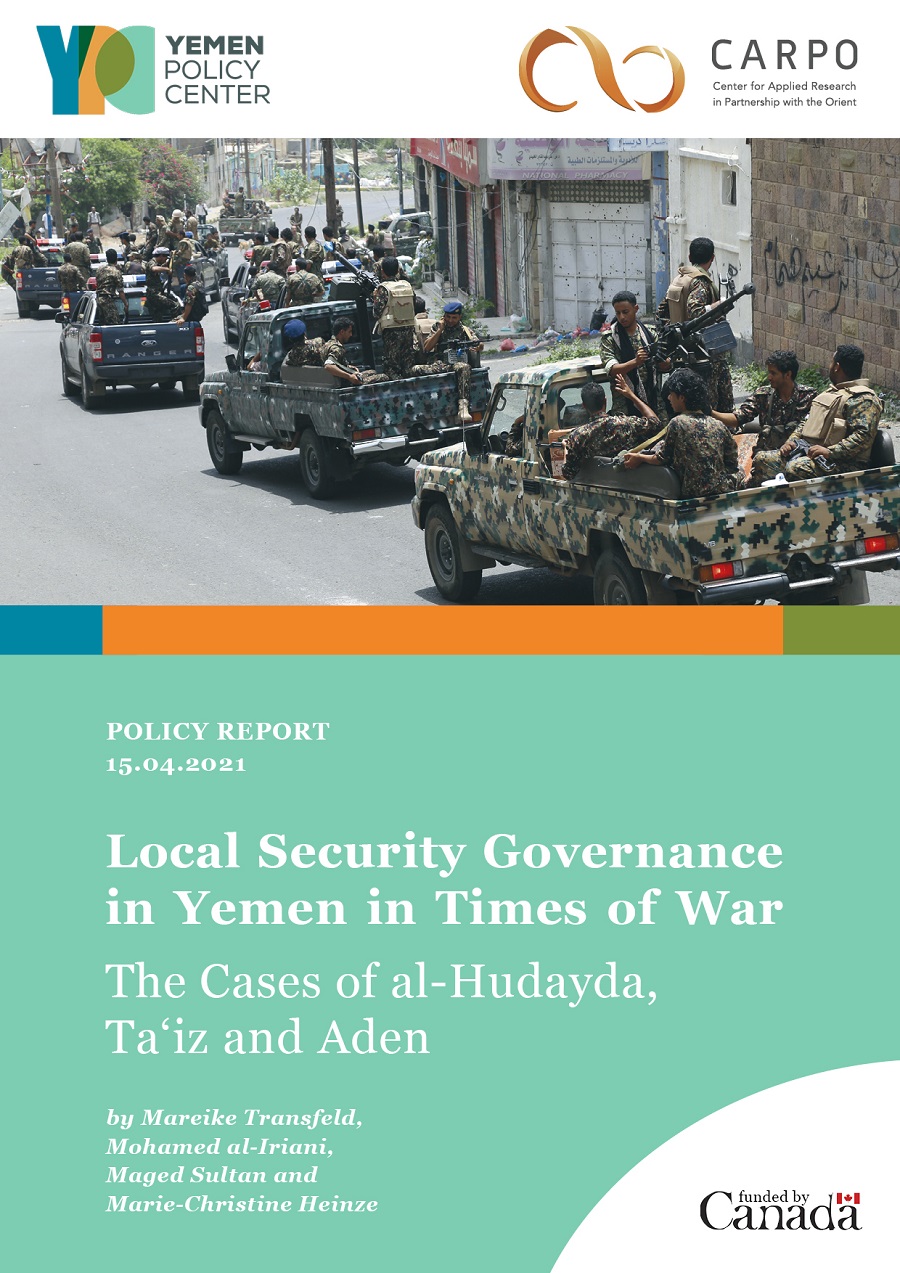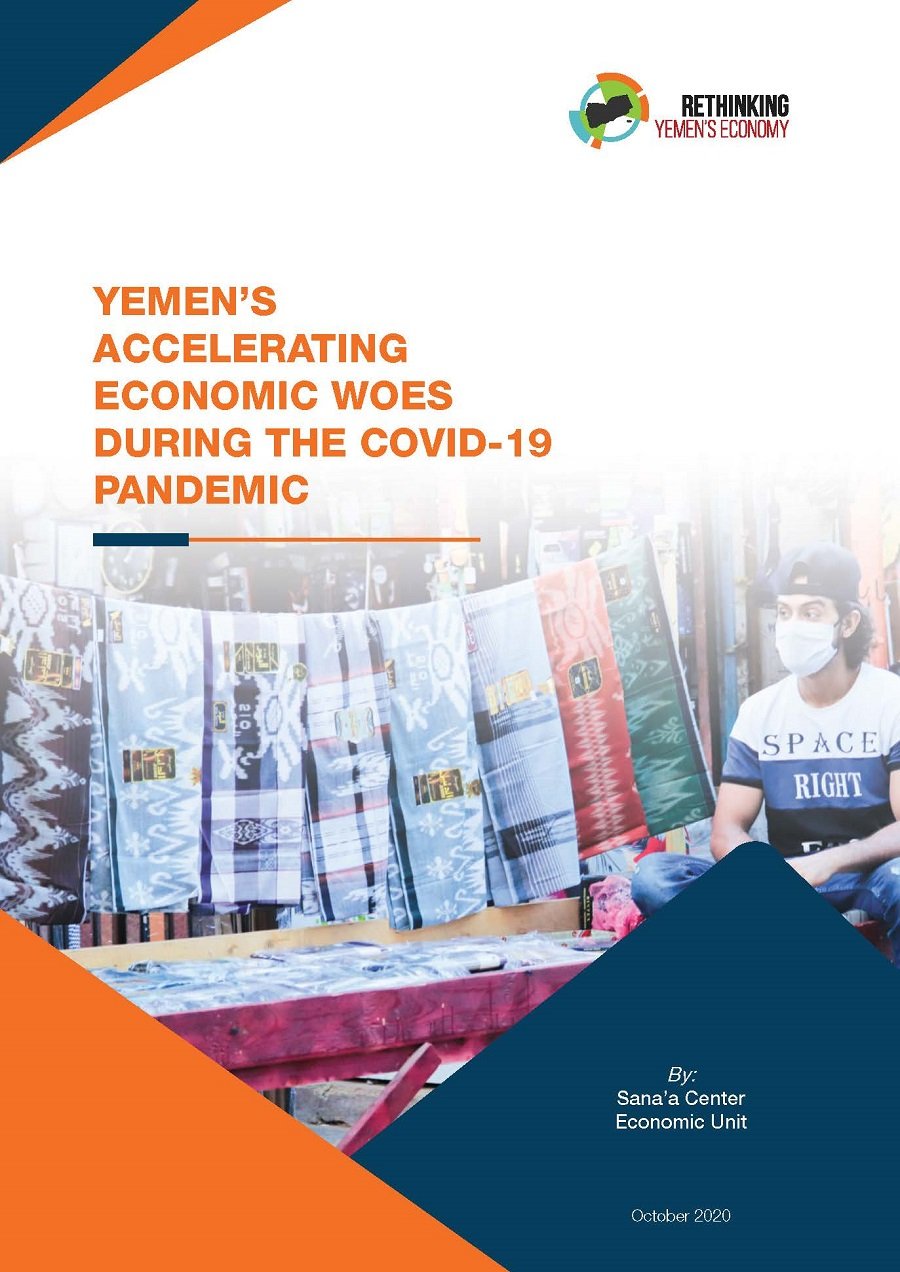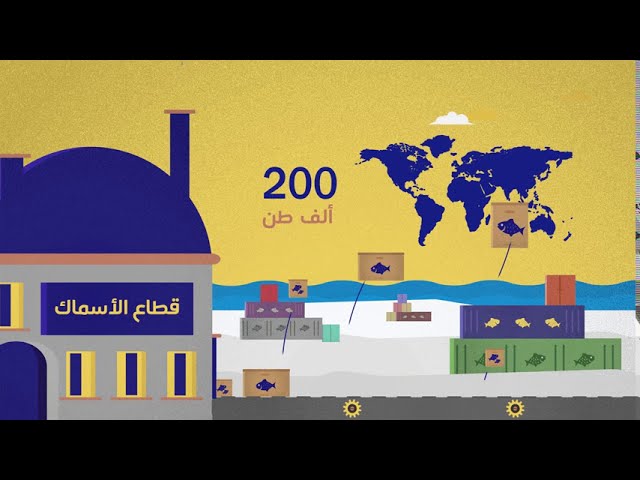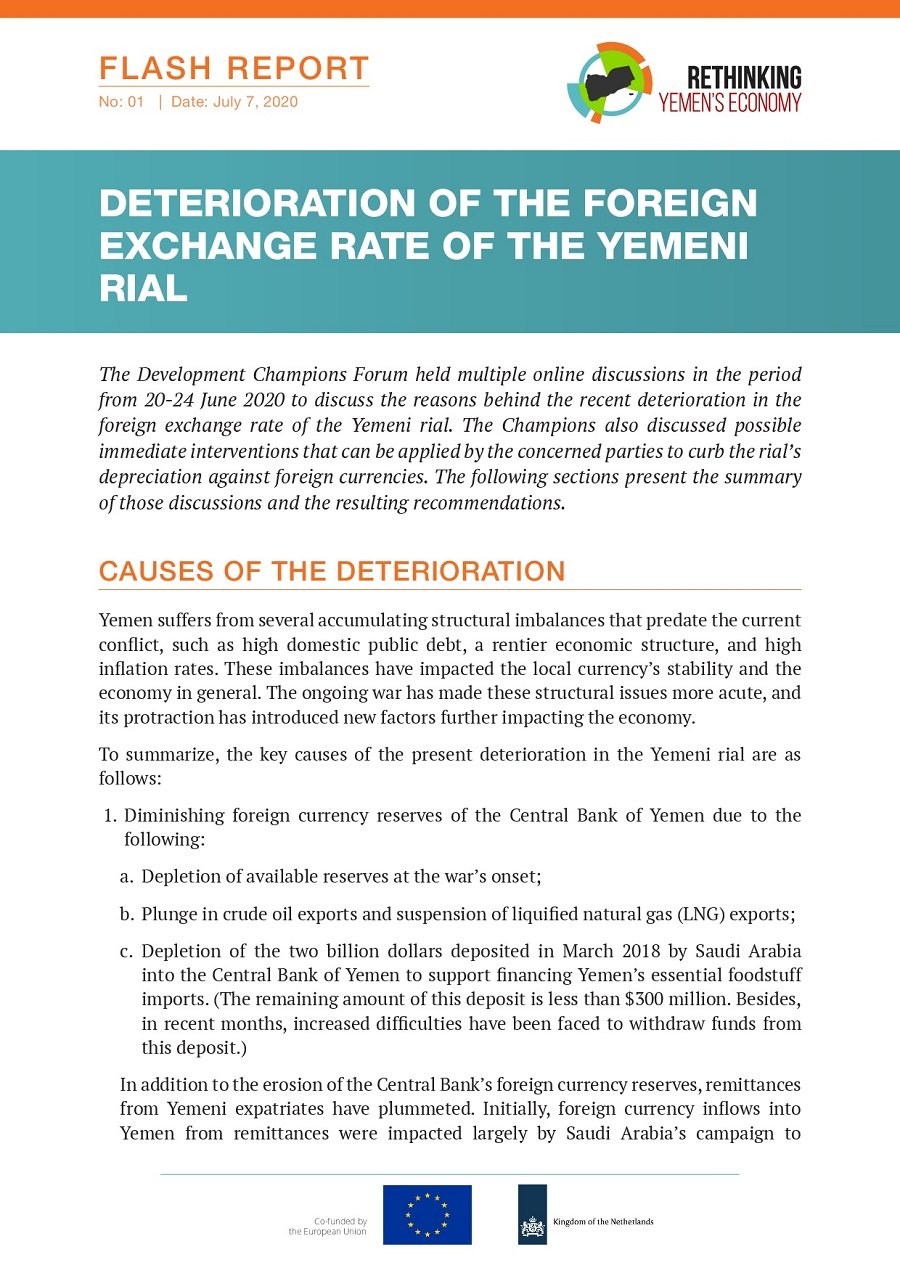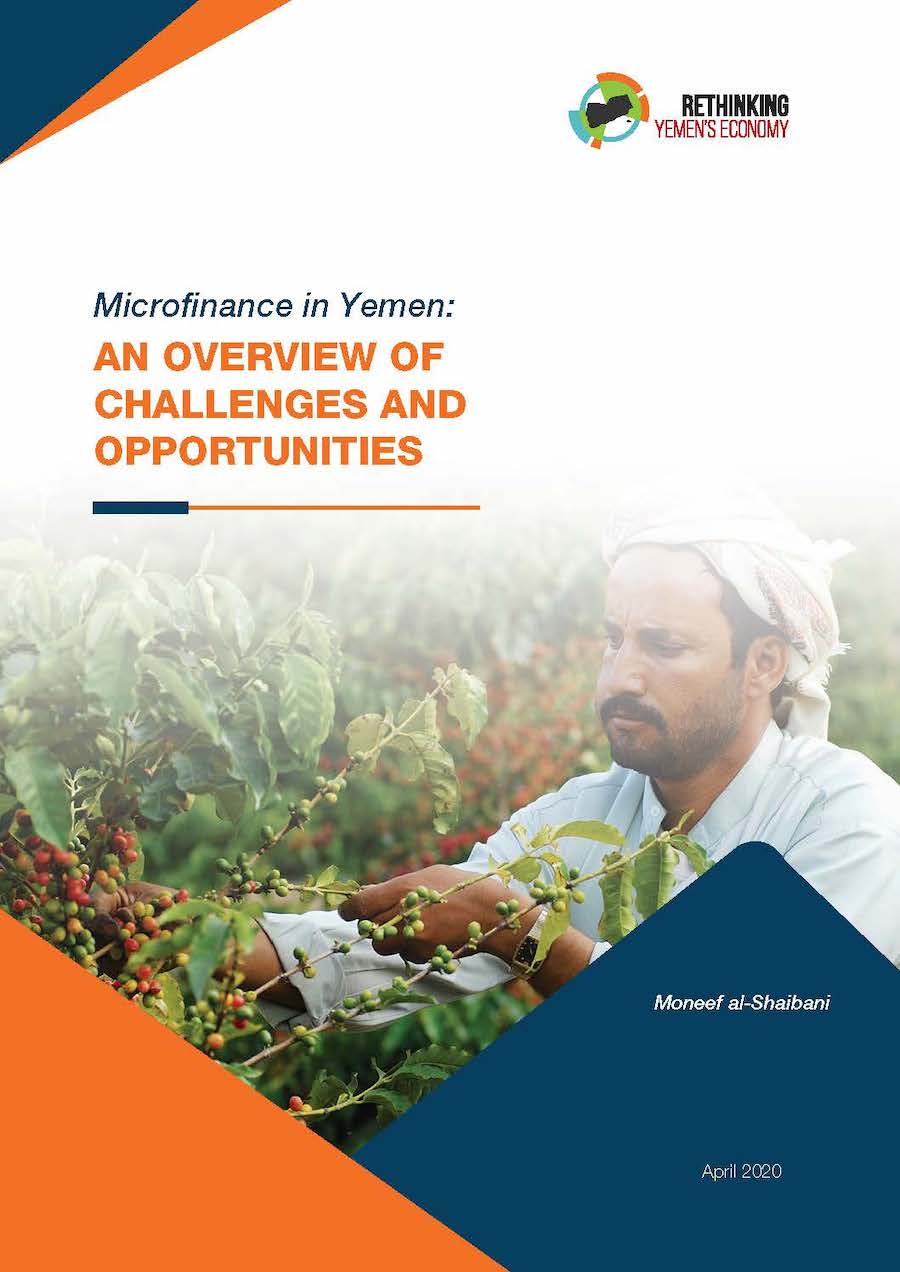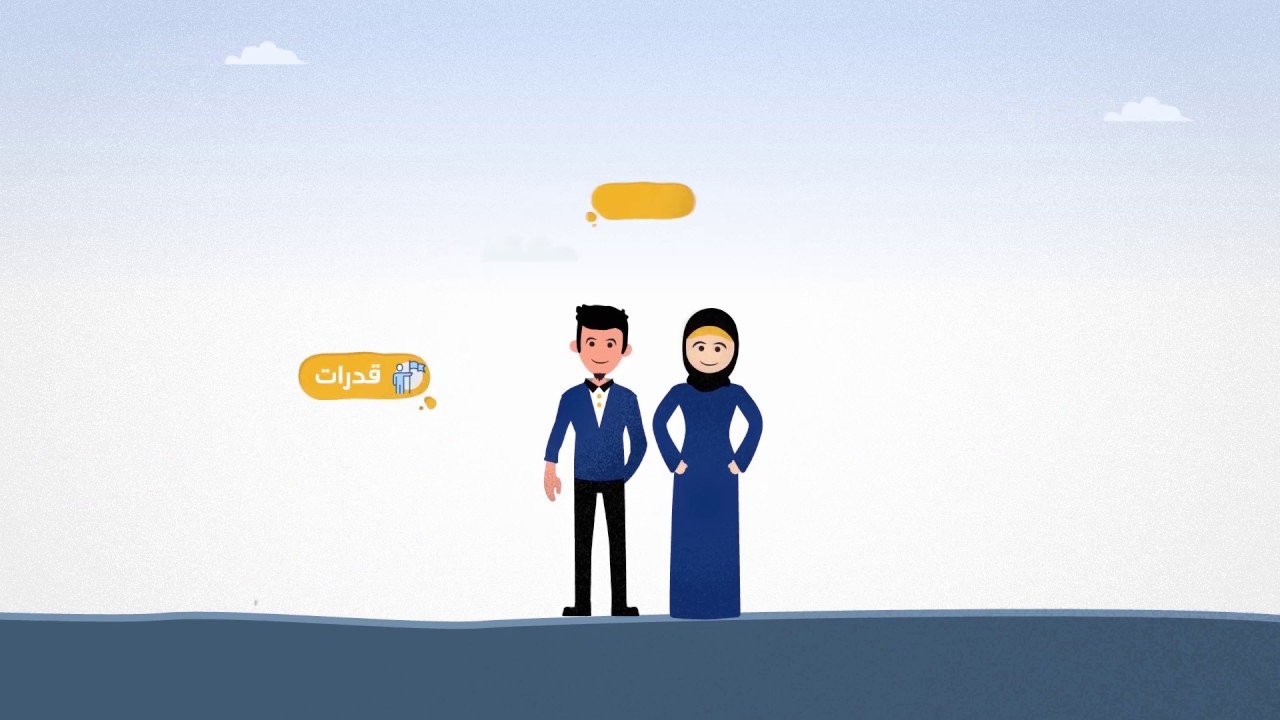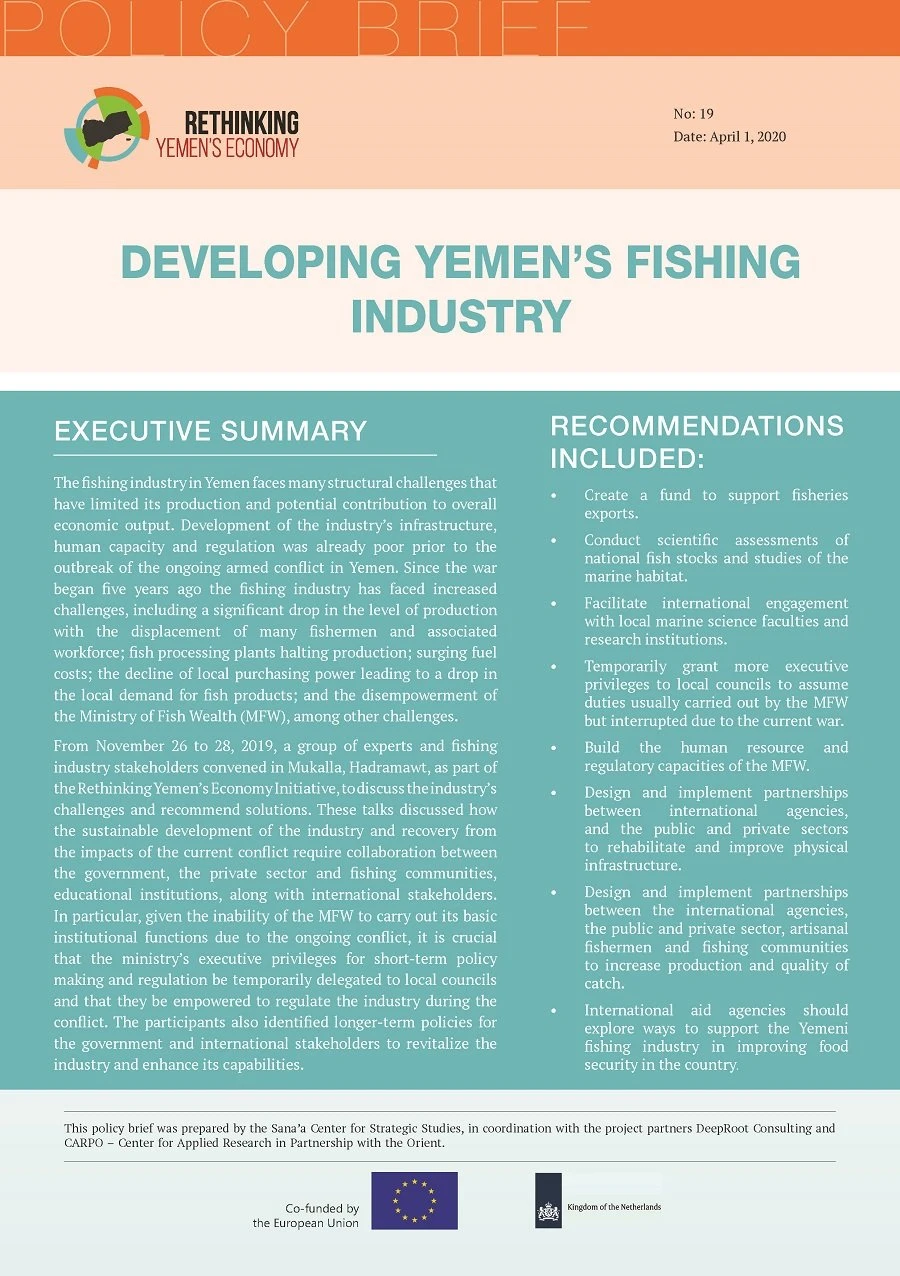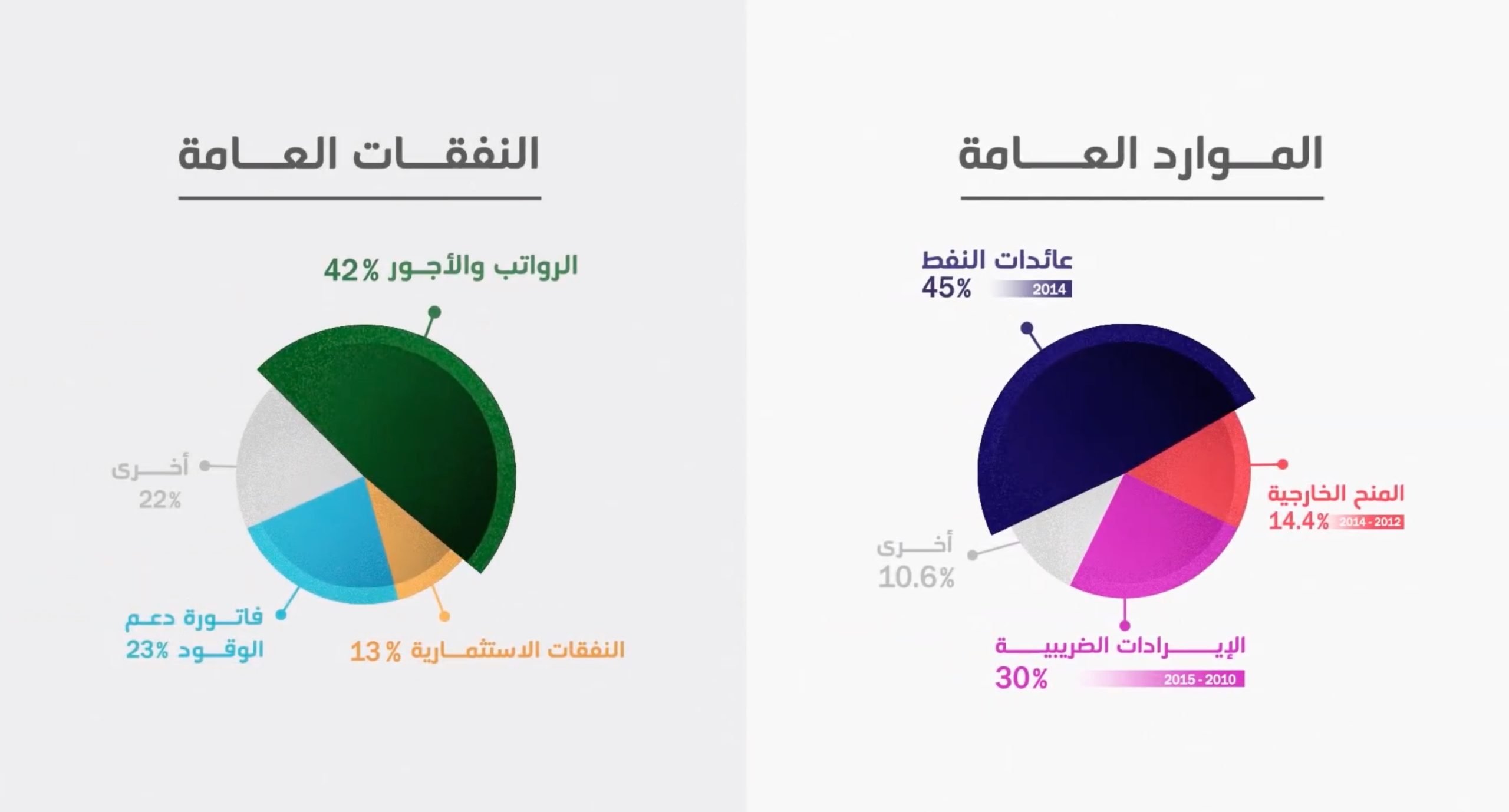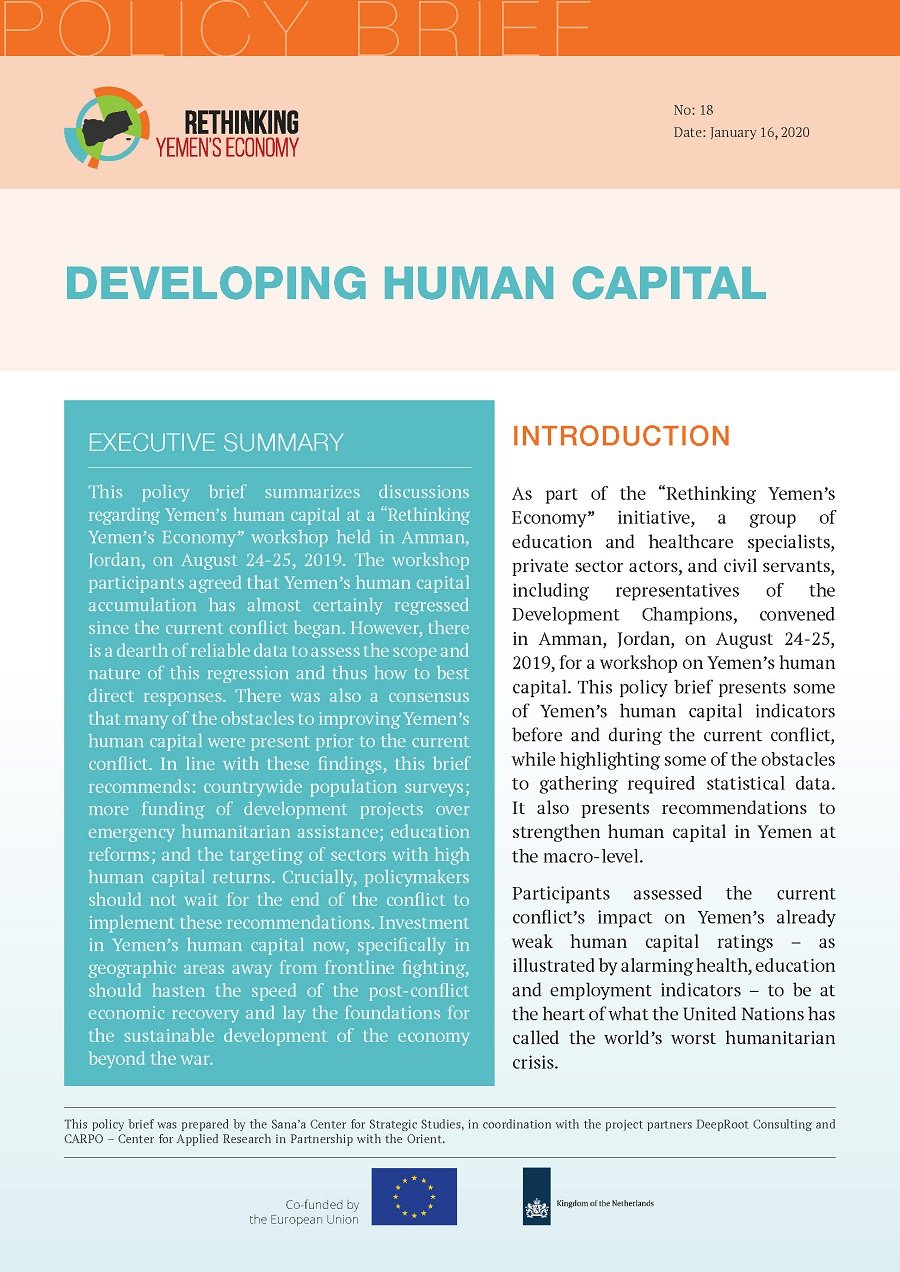CARPO seeks to hire a senior researcher for its research project “West Asian and Sub-Sahara African Partnerships in Flux”. The project explores the multi-dimensional and complex relations between selected West Asian countries (Saudi Arabia, the United Arab Emirates, Qatar, Iran) and four Sub-Saharan countries (South Africa, Nigeria, Kenya, Ethiopia). It aims to deconstruct and analyse […]
Read more...Category: Projects
The Impact of Flooding on Agricultural Communities in Yemen
Yemen’s agricultural communities face a perfect storm of growing ecological threats amid protracted conflict. Flash floods destroy farms, crops, and irrigation systems. Late rains risk drowning mature harvests, and waterlogged fields hinder root growth. Coastal areas battle salinization, and collapsed roads and buried wells hamper recovery. As flooding and changing rainfall patterns undermine yields, farmers […]
Read more...Empowering Local Authorities to Lead Economic Development in Yemen
This RYE Policy Brief, which is based on discussions the Development Champions Forum held in Cairo in December 2023, outlines a set of recommendations aimed at empowering local authorities in Yemen to effectively provide services and lead local economic development. The aim is to analyze and draw lessons from three ongoing tracks that seek to […]
Read more...Challenges to Yemen’s Public Revenues
Since April 2022, the war in Yemen has mutated from a high-casualty conflict to a protracted stalemate with relatively stable frontlines. The current phase has been marked by the expansion of economic warfare, with the Houthi authorities shutting down trade from internationally recognized government-controlled areas, stoking discontent as public utilities break down and the currency […]
Read more...The ‘Climate-Energy-Health Nexus’
An Entry-Point for Environmental Cooperation in West Asia and the Arabian Peninsula by Sina Winkel and Sebastian Sons Based on insights obtained through the Tafahum wa Tabadul project, the authors discuss how recent geopolitical dynamics in West Asia and the Arabian Peninsula may pave the way towards cross-border environmental engagement on an inclusive political, academic, […]
Read more...Energy Injustice and Its Role for Environmental Peacebuilding
Ahmad Al-Wadaey, Tobias Zumbrägel and Ali Alamudi This Report discusses the crucial but understudied impact of oil extraction industries on local communities and the environment in Yemen’s Hadhramawt governorate. By combining conceptual approaches of energy justice and the environmental peacebuilding literature, it provides a novel perspective on how environmental pollution via the oil industry in […]
Read more...China, Corona, Climate Change – Three Gamechangers for the Arab Gulf States
by Stefan Lukas and Sebastian Sons This CARPO Report analyzes how the Corona pandemic, China and climate change are acting as major gamechangers for the Arab Gulf States, reshuffling old geopolitical, economic and social structures. These new developments in the region also mean that European players will have to come up with new strategies if […]
Read more...Scaling Up Solar Energy Investments in Yemen
Poor electricity services remain a key barrier to sustainable economic development in Yemen, exacerbated by the ongoing conflict and related damages to the electricity sector’s infrastructure. Given Yemen’s high average hours of annual daily sunshine and a significant level of solar irradiation, solar energy is a viable and cost-effective alternative to the currently prevalent fossil […]
Read more...Cultural Exchange and the Prospects for Inter-Societal Relations between Saudi Arabia and Iran
by Mirjam Schmidt and Desirée Custers In August 2022, CARPO and Stimson Europe hosted a workshop looking into the potential of cultural diplomacy and cultural exchange between Iran and Saudi Arabia. While the two countries share a rich history of cultural relations, their present-day cultural exchange is minimal due to geopolitical differences. But in spite […]
Read more...The Role of the Diaspora in Peacebuilding in Yemen. Potentials and Opportunities, Challenges and Constraints
by Marie-Christine Heinze and Ewa K. Strzelecka On 12 June 2022, FES Yemen and CARPO, in collaboration with the EU-funded Peace Women project, convened a one-day workshop in Amman, Jordan. The aim of this workshop was to discuss with researchers as well as female and male diaspora representatives challenges and constraints as well as potentials […]
Read more...Addressing the Crushing Weight of Yemen’s Public Debt
For decades prior to the ongoing conflict, Yemen had been vulnerable to recurring budget deficits. The escalation of the ongoing conflict in 2014/15 has had a profoundly negative impact on Yemen’s debt position. Large-scale oil exports ceased, leading to a collapse in public revenues, while banks and pension funds stopped purchasing government debt instruments. Management […]
Read more...Narratives of (In)Justice in Contemporary Yemeni Novels
by Osama Ali, Fadhilah Gubari, Julia Gurol and Abdulsalam al-Rubaidi This Study analyzes narratives of (in)justice in contemporary Yemeni novels. Through a lexical field analysis of nine selected contemporary novels, the paper highlights how (in)justice is framed in narrative literature, both in terms of representations of certain socio-political practices and in terms of normative constructions […]
Read more...The Road Transport Sector in Yemen. Critical Issues and Priority Policies
Yemen is predominantly a rural country, with over 70% of the population living in 140,000 settlements in impoverished rural areas. Road transport is thus essential for the country’s development and overall economic growth. With only about 3,744km of paved rural roads, representing approximately 6.4% of all roads in the country, Yemen’s neglected road network poses […]
Read more...The Role of the Environment in Peacebuilding in Yemen
by Bilkis Zabara and Tobias Zumbrägel This Report addresses the relationship between violent conflict and environmental governance in Yemen. It translates the concept of environmental peacebuilding to the case of Yemen, where it has not received broader attention in terms of post-conflict reconstruction and reconciliation efforts. The study compares six different governorates, namely Sana’a, Dhamar, […]
Read more...Challenges and Prospects for Electronic Money and Payment Systems in Yemen
Yemen has a heavily cash-based economy with low levels of financial inclusion. The country’s formal banking sector is highly underdeveloped, undercapitalized and concentrated in urban areas, leaving it inaccessible for most Yemenis. Plans by the Central Bank of Yemen to develop and improve electronic interbank transactions and local electronic payment systems, including mobile money services, […]
Read more...The Disaster of Yemen’s Flash Floods. Impact of and Local Responses to the Torrential Rains and Flooding in 2020
by Khalid al-Akwa and Tobias Zumbrägel Between March and September 2020, and again in May through July 2021, Yemen experienced periods of torrential rain that resulted in flash flooding. Flash floods are and will continue to be a recurrent natural phenomenon with destructive consequences in Yemen, which has not yet received broader attention. This Brief […]
Read more...Improving Relations Between Central State Institutions and Local Authorities
Local councils are responsible for spearheading development projects and providing basic public services to Yemen’s population of more than 30 million people. The councils are particularly important in rural areas, where about 70 percent of Yemen’s population lives. In July 2018, the Rethinking Yemen’s Economy initiative published a White Paper that explored how the collapse […]
Read more...Local Economic Councils: A Tool to Improve Business Productivity in Yemen
From 25-27 January 2021, the seventh Development Champions Forum, held virtually, focused on the dire business environment in Yemen. To help address local economic challenges, the Development Champions discussed the possibility of establishing Local Economic Councils. According to their analysis, between the community-level local development committees and the Supreme Economic Council on the national level, […]
Read more...Priorities for the Recovery and Reform of the Electricity Sector in Yemen
Poor electricity services in Yemen, even before the war, have been one of the key barriers to sustainable economic development and basic service provision (e.g., water supply, health care, education). This paper assesses the power supply system status prior to the war and subsequently discusses the impact of the war on electricity sector performance, followed […]
Read more...From Messenger to Host
Iraq as a Hub for Regional Dialogue
by Kawa Hassan, Adnan Tabatabai and Desirée Custers
Reports of a meeting held in Baghdad on the 9th of April 2021, between Iranian and Saudi security and intelligence officials, may herald a rare positive development in a region characterized by deep mutual mistrust, ongoing armed conflict, and proxy wars.
Read more Read more...Solar-Powered Irrigation in Yemen: Opportunities, Challenges and Policies
Yemen is one of the most water-scarce countries in the world. Its agricultural sector is the dominant user of groundwater resources, accounting for around 90 percent of total consumption. Due to the current crisis, fuel required for pumps has become scarce and very expensive; as a result, solar energy has begun to play a role […]
Read more...Local Security Governance in Yemen in Times of War
by Mareike Transfeld, Mohamed al-Iriani, Maged Sultan and Marie-Christine Heinze After six years of war, state institutions in Yemen have fragmented along multiple fault lines. The security sector is no exception. Given their role as central nodes of the country’s security governance structure, this Policy Report explores governorate-level Security Committees in three governorates that have […]
Read more...Impacts of the War on the Telecommunications Sector in Yemen
The telecommunications and information technology sector in Yemen is the second largest source of public revenue after the petroleum sector, and contributes important work opportunities, whether directly or indirectly, through its connections to other sectors of the national economy. Some of the most important challenges of the sector are the unsuitability of the legal and […]
Read more...Economic Priorities for a Sustainable Peace Agreement in Yemen
The Development Champions Forum stresses that the sustainability of a peace agreement in Yemen will, amongst others, depend on two critical insights: First, in a conflict that is largely over access to resources, the issues of distribution and control of those resources can make or break peace. Second, where peace agreements lack provisions that create […]
Read more...Yemen’s Accelerating Economic Woes during the COVID-19 Pandemic
Since early 2015, Yemen has been almost completely dependent on three external sources to secure foreign currency inflows and stimulate economic activity: foreign humanitarian aid, Saudi financial support to the internationally recognized government, and – by far the most significant – remittances from Yemeni expatriates, most working in Saudi Arabia. All three of these foreign […]
Read more...Microfinance in Yemen
Since its introduction to Yemen in 1997, microfinance has been viewed as a strategic tool to alleviate poverty and reduce unemployment, for it provided a means for the financial inclusion and economic empowerment of small and micro entrepreneurs by expanding financial services to them. However, persistent challenges facing the microfinance industry have stunted its development, […]
Read more...Developing Yemen’s Fishing Industry
Yemen’s fisheries sector holds untapped promise in contributing to the national economy, with a coastline of more than 2,500 kilometers and rich fishing grounds offshore. Yet the sector has long faced many structural challenges that have limited its production and potential contribution to overall economic output, which have been exacerbated during the ongoing conflict. This […]
Read more...Deterioration of the Foreign Exchange Rate of the Yemeni Rial
The Development Champions Forum held multiple online discussions in the period from 20-24 June 2020 to discuss the reasons behind the recent deterioration in the foreign exchange rate of the Yemeni rial. The Champions also discussed possible immediate interventions that can be applied by the concerned parties to curb the rial’s depreciation against foreign currencies. […]
Read more...Economic Priorities for a Sustainable Peace Agreement in Yemen
The sustainability of a peace agreement in Yemen will, amongst others, depend on two critical insights: First, in a conflict that is largely over access to resources, the issues of distribution and control of those resources can make or break peace. Second, where peace agreements lack provisions that create overall economic stability, warfare can resume […]
Read more...The Role of the Private Sector in Peacebuilding in Yemen
by Tarek Barakat, Ali al-Jarbani and Laurent Bonnefoy This Brief analyzes the state of the private sector in Yemen during the ongoing war and explores its potential to contribute to the country’s peace requirements. It presents challenges entrepreneurs face and the potential contribution of these in sectors that are central to the construction and sustainability […]
Read more...The Role of Civil Society in Peacebuilding in Yemen
by Abdulkarim Qassim, Loay Amin, Mareike Transfeld and Ewa Strzelecka The current political and economic conditions in Yemen make it difficult for CSOs to continue functioning on an effective level, while a lack of human and organizational capacity are hampering project results. Nevertheless, Yemeni CSOs contribute to peace requirements in various sectors and remain an […]
Read more...Microfinance in Yemen. An Overview of Challenges and Opportunities
This White Paper explores the historic development of Yemen’s microfinance industry and its players, as well as the impacts of the ongoing conflict. This analysis is followed by recommendations that address four specific areas – capacity building, financing, program design and research – to help create a more conducive operating environment for microfinance overall. The […]
Read more...The Role of Youth in Peacebuilding in Yemen
by Maged al-Kholidy, Yazeed al-Jeddawy and Kate Nevens Despite its major transformative potential, local level youth work is often overlooked by mainstream international discourses on national level peace processes and violent conflict. This Brief sheds light on young peoples’ activism before and during the war, the challenges they are currently facing, their visions for the […]
Read more...The Role of the Media in Peacebuilding in Yemen
by Fatima Saleh, Scott Preston and Mareike Transfeld The increased political capture of the Yemeni media since 2014 has reinforced diverging political discourses and has contributed to polarization across society and to political fragmentation. Practitioners face steep challenges in composing professional stories. Journalists are subject to harassment, intimidation, abduction and violence. Yet, Yemeni journalists remain […]
Read more...Developing Human Capital
Human capital in Yemen has long been at the lowest levels across all indicators due to the successive conflicts in the country and the weak investment in human development. Over five years since the onset of the ongoing war in Yemen, human capital accumulation has continued to regress. This video emphasizes that human capital is […]
Read more...Developing Yemen’s Fishing Industry
This policy brief summarizes discussions regarding Yemen’s fishing industry at a ‘Rethinking Yemen’s Economy’ workshop held in al-Mukalla, Yemen, on November 26-28, 2019. The workshop participants, among them numerous stakeholders in the fishing industry from across Yemen, agreed that given the inability of the Ministry of Fish Wealth to carry out its basic institutional functions […]
Read more...Reforming the Business and Investment Climate
The surest means of laying the foundations for private sector recovery in Yemen, and indeed recovery for the country overall, is to end the ongoing conflict and reunify public institutions and governance mechanisms. While the conflict is ongoing, however, there are still practical, realistic steps national and international stakeholders can take to support the Yemeni […]
Read more...Restructuring Public Finances in Yemen
Even before the current conflict, Yemen’s public finances suffered from an overdependence on energy exports, one of the lowest tax collection rates in the world, and chronic budget and balance of payments deficits. The ongoing conflict has complicated an already dire situation. Energy exports have almost collapsed, while general economic and state collapse saw a […]
Read more...The Role of Women in Peacebuilding in Yemen
by Iman al-Gawfi, Bilkis Zabara and Stacey Philbrick Yadav Yemeni women are laying foundations for sustainable peace through everyday practices that have the capacity to help transform the landscape of women’s rights in the post-war period. Wider recognition of women’s paid and unpaid work in wartime, and the conditions that enable it, could improve the […]
Read more...Developing Human Capital
This Policy Brief summarizes discussions regarding Yemen’s human capital at a ‘Rethinking Yemen’s Economy’ workshop held in Amman, Jordan, on August 24-25, 2019. The workshop participants agreed that many of the obstacles to improving Yemen’s human capital were present prior to the current conflict. This Policy Brief thus recommends: countrywide population surveys; more funding of […]
Read more...
